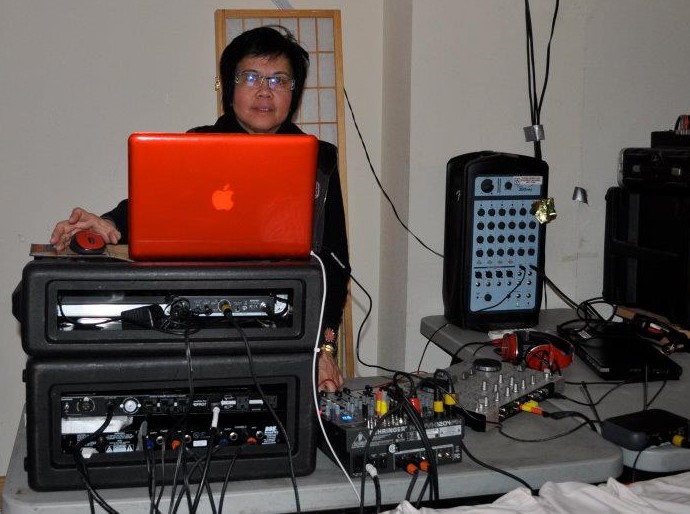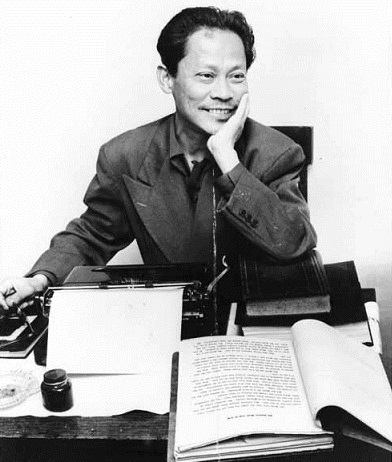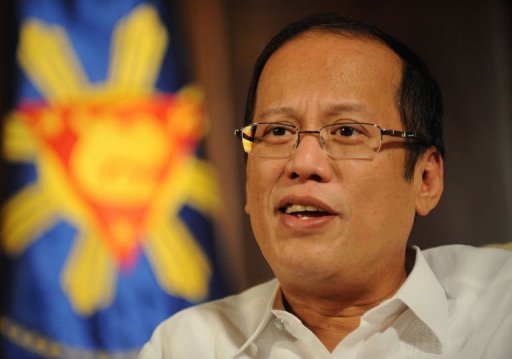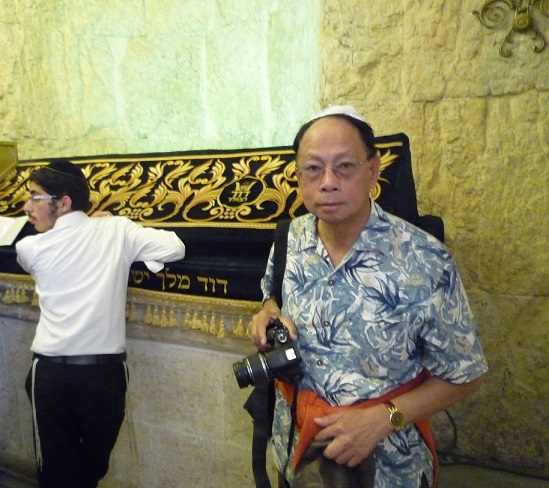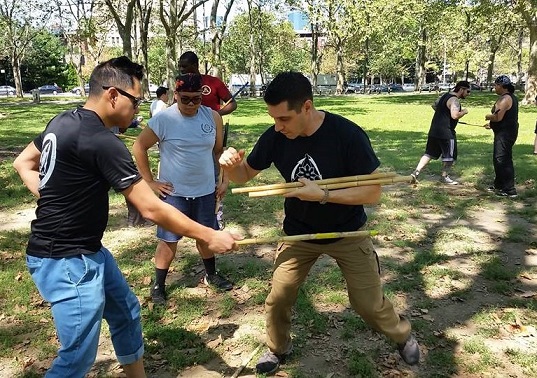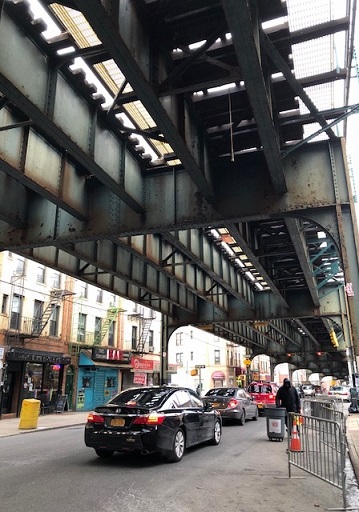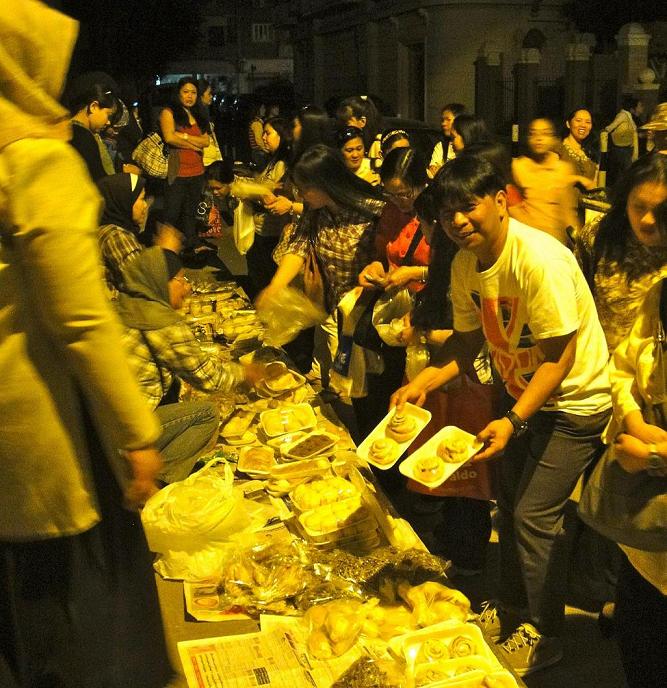In an Egypt with no Mubarak, OFWs feel ‘freer but not safer’
By Steven RagaWithin six months in Egypt, this was the first time she had seen another Filipino. As her Egyptian employer waited outside Western Union, “Samira” crumpled up the piece of paper she wrote on, threw it towards a woman whom she hoped was Filipina and whispered in Tagalog for her to read it.
The short letter read in part: “Kabayan, please help me contact the Philippine Embassy. When I arrived at the airport in Cairo, my employer gave me a second passport with a different name; but to my surprise, it had my picture in it. He then told me that ‘this is your name now.’ Please help me, I don’t know how to get home to my family and the local police would be of no help.”
Samira’s tragic situation is unfortunately the rule much more than the exception. With a reported 4,000 Overseas Filipino Workers (OFWs) leaving the Philippines per day, the Middle East serves as the number one destination for these workers, a region that has been a temporary address for Filipino students and workers since the 1950s.
According to a 1998 book by Thomas McKenna, young Filipino Muslims came to Egypt between the 1950s and the 1970s.
“Between 1955 and 1978 the government of Egypt, as part of the pan-Islamic programs of Gamel Abdul Nasser, granted more than 200 scholarships to young Philippine Muslims, the great majority of whom studied at al-Azhar University,” writes McKenna in “Muslim Rulers and Rebels: Everyday Politics and Armed Separatism in the Southern Philippines.” Many of these young Muslim students were sons of the more powerful and influential Datus in Mindanao — the most notable being Hashim Salamat, who founded the MILF or Moro Islamic Liberation Front.
Just last year, Egypt drew comparisons to the 1986 People Power Revolution in the Philippines when waves of protests crashed into Tahrir Square. The world watched as the Egyptian people camped out in the Cairo’s main square to protest the decades-long dictatorship of President Hosni Mubarak.
But even as Filipinos were generously sending both praise and caution from around the world, the day-to-day struggles still persisted for many of their fellow compatriots living within Egypt’s borders, many of them female OFWs.
The downfall of the Mubarak regime has provided an unforeseen dark cloud of increased safety concerns for Filipinas in the country. During Mubarak’s martial rule, Egyptian military and police were posted in almost every major street corner in Cairo. As most of the OFWs in Cairo are women, the armed men in black uniform were an unlikely saving grace from the rampant sexual harassment by men on the street that literally “follows” the female population around in Egypt.
Marita Feliciano, a local actress in Egypt, said she feels “freer but not safer.” Many foreign women experience the male-oriented atmosphere as soon as the first grain of sand passes through their fingertips outside the airport.
Explained the Isabela native: “We foreign women no longer need to always carry our passports outside with us, because there are no more police or military checkpoints to go through. But also, we are worried because now it’s much harder to find help from the harassers on the street.”
Luckily, Marita has found a safe haven with other Filipinos at St. Andrew’s United Church of Cairo, just minutes from Tahrir Square. “They aid me when I feel unsafe or need help. I’m more comfortable walking with other Filipinos, than by myself,” she added.
This week, in spite of the country having neither a Constitution nor a Parliament, Mohamed Morsi was elected the new president of Egypt. However, even with the new head of state, Filipino women remain in fear of the streets.
“It’s either the same or worse, but definitely not better,” said Reah Umani, an in-house domestic worker.
Like many domestics in Cairo, she only has one day off per week, usually a Friday, using the time to buy food and a phone card.
“I’ll be outside the property for about two hours, and then I come back to my employer’s home. My male Filipino friends help me carry my groceries and I’m glad they offer to accompany me,” she told me.
The letter Samira crumpled up found its way into the right hands: another Filipino. During a time and place of the least available resources, Filipinos continue to show a readiness to help each other during times of greatest need. Filipino workers will continue to arrive into Egypt looking for work, knowing that they face certain dangers. But as long as the community continues to stand on the shoulders of their inherited spirit of ‘bayanihan,’ there will be no need to pass crumpled pieces of paper.
Steven Raga is an active member of the FilAm community in New York and has been previously involved with multiple young professionals, student and youth organizations.

